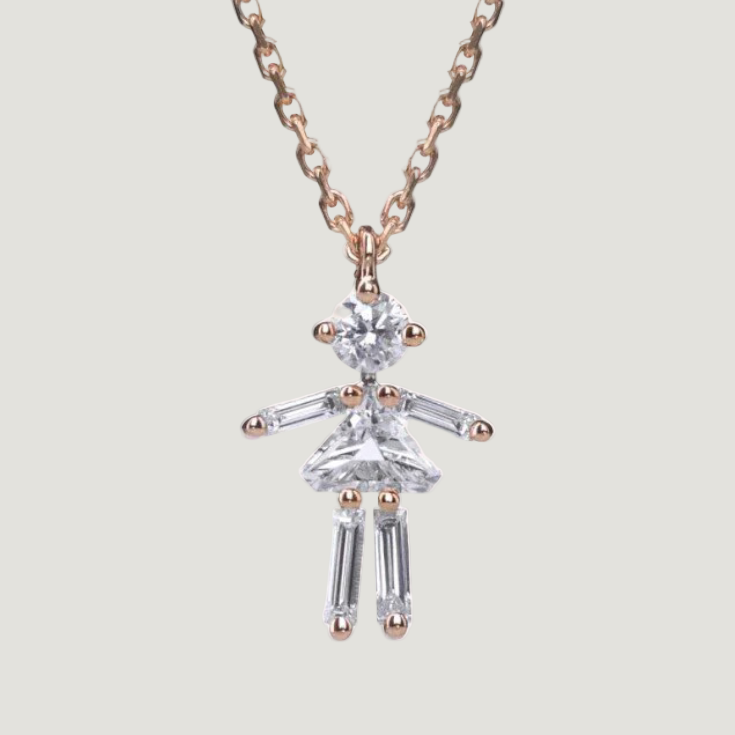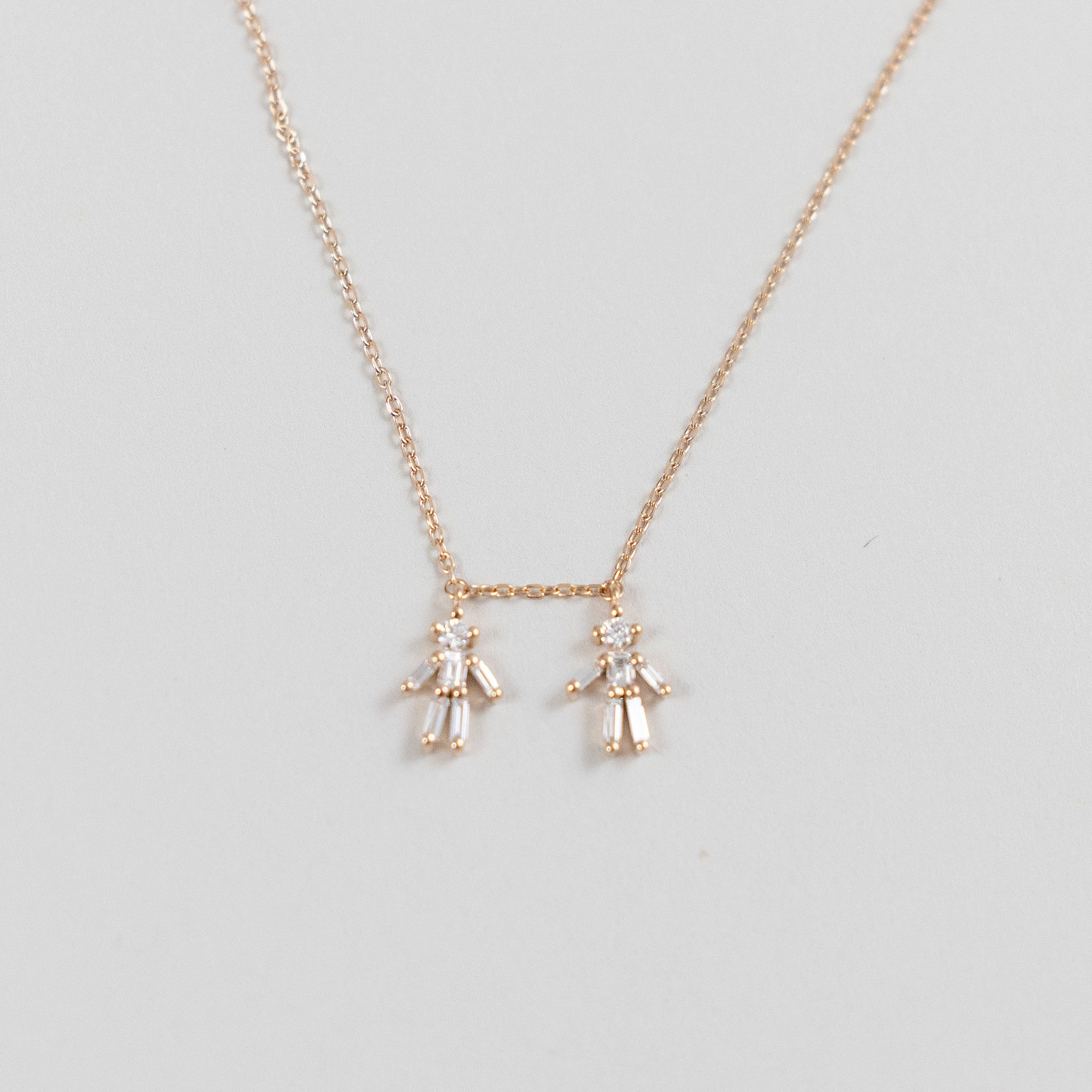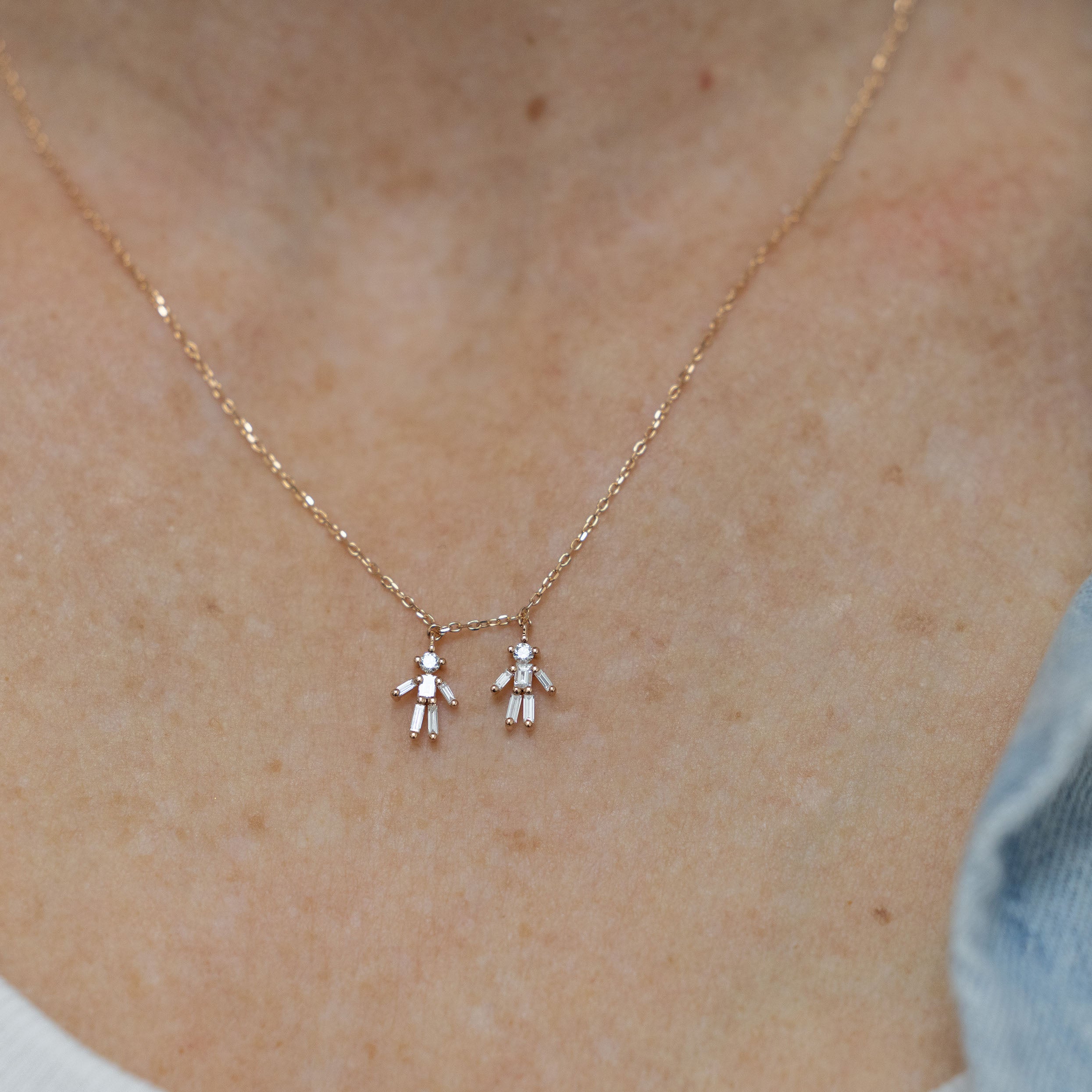Just when you think that the emotional turbulence of pregnancy is finally settling down, a new wave of overwhelming emotions can flood in - because postpartum hormonal changes can be incredibly challenging. This experience is perfectly normal, because the “baby blues”, as the abrupt drop in hormones is called, can affect your overall well-being and send your emotions into total disarray. Added to this is the unprecedented lack of sleep, exhaustion of breastfeeding, and of course the aftermath of the birth itself. All of this can put an immense strain on the body, especially in the first few days. It’s so important to recognize that this is a lot to handle, and it’s perfectly okay to feel this way.
The onset of the baby blues can catch you unprepared, often striking without warning and with considerable intensity. The intensity varies among women; some may feel it more profoundly, while others experience it to a lesser extent. Very few women are totally spared from this experience. One good thing to remember is that, in most cases, these emotions fade within a matter of days or even hours. Nevertheless, it is so important to know in advance that these feelings can not only occur in the first few days after the birth, but that they are really and truly normal. Give them the space they need - and give yourself the time and permission to process them!
Baby Blues: What are they, anyway?
Basically, the baby blues (also called postpartum blues) are a set of emotions that can occur after childbirth due to the drop in the hormones estrogen and progesterone, as well as the associated exhaustion from childbirth and lack of sleep. The baby blues usually occur between the third and fifth day postpartum, and most women experience at least a mild form of it. Depression, feelings of being on an emotional roller-coaster, and sudden, overwhelming anxiety can all be symptoms. Even though this time is supposed to be the happiest of your life, most of the time you'll just feel like crying as it all just seems overwhelming. It is important that you allow these feelings room and take them seriously.
The baby blues typically go away on their own within a matter of days or even hours as your hormonal equilibrium settles. However, in certain instances, these symptoms can potentially signal the presence of postpartum depression. Postpartum depression is a real, deeper psychological condition that can be treated, but it can often be difficult to recognize. It's hard to admit when everything isn’t as magical as other parents make it out to be. Could it be possible that negative thoughts occasionally overshadow the experience? Is it possible that the flood of maternal love doesn't just magically appear at the press of a button once your child is in your arms? Irrespective of these considerations, professional help is particularly crucial here. Unlike the transient nature of the baby blues, postpartum depression does not simply go away with time.
One thing is very clear: you are not alone in feeling this way.
Because trust us, it's completely ordinary for your emotions to feel like they're in a whirlwind - we've all experienced it! Your body has accomplished an incredible feat over the past nine months by nurturing and bringing forth new life – it requires time for the healing and recovery process to take place. After all, what has been nurtured for nine months cannot simply return to normal within a matter of hours. Every emotion you're experiencing is absolutely valid and typical.
The most important thing is, in any case, to share these feelings with someone. Talking about it helps so much. Whether it’s your partner, midwife, girlfriend, your own mother or whoever is closest to you, you can and should always say something. Sometimes it helps to address and share these things.
Additionally, this can also help to raise awareness within your circle, making the topic more visible overall. Because even if it doesn't seem helpful right now, knowing that you're not alone in feeling this way is crucial for understanding what's happening in your body and accepting it.
What is particularly important now?
Rest, cuddling, and recovery: These elements that are inherently crucial during childbirth become even more important when experiencing the baby blues. Taking time to rest, getting as much sleep as possible, cherishing cuddles with your baby, and allowing yourself to be pampered can help you regain your strength quickly. This is precisely what the postpartum period is designed for. Moreover, fostering abundant skin-to-skin contact with your baby proves vital for elevating the production of oxytocin, often dubbed the "love hormone." This practice not only reinforces the bond between you and your baby but also elevates your overall mood.
So important: Let people genuinely care for and help you, as support during childbirth plays a pivotal role in alleviating your stress. Yet, it’s important to note the difference between genuine support versus a normal visit. The key takeaway during the postpartum time is to prioritize what feels right for you! If you'd like friends and family around, that's perfectly okay (in moderation) and can also assist with managing the baby blues. Nevertheless, if their presence tends to weigh you down even more, it's perfectly acceptable to establish clear boundaries.
And it's important to be aware: once your hormonal balance has somewhat stabilized after the first few days, the baby blues symptoms typically tend to lessen. The same principle holds true here: If you find that this isn't happening, please reach out to your midwife or doctor.
Other useful links
The Deutsche Depressionshilfe, ( German Depression Helpline), at 0800/33 44 533, can also support you in finding help. The association Schatten und Licht (Shadow and Light) has numerous links for consulting with experts, self-help groups, and online therapy offerings. Local crisis services and midwife or doctor's practices can also help to put you in touch with the right places for help. And in any case, the book "We weren't prepared for that" by Tanja Sahib is worthwhile to better deal with any minor or major psychological crises that can occur after birth.
Tip
Help Hotline Overview
We have compiled more helpful hotlines and contact points on relevant family life topics for you. Always remember, you are not alone. Seeking help is not a weakness, but part of the journey.




